The Bulgarian national minority in Albania is one of the largest in the country, according to data from the latest official population census. A total of 7,057 individuals identified as Bulgarians. For comparison, 23,000 people identified as Greeks, 12,000 as Egyptians and 9,813 as Roma.
The Bulgarians in Albania are among the oldest Bulgarian communities in the Balkans, while also being the youngest in terms of recognition — they were recognized in 2017, reminded Associate Professor Spas Tashev from the Institute for Population and Human Studies at the Bulgarian Academy of Sciences. At a special press conference in Sofia, held in connection with the census data from the Balkan country, Spas Tashev pointed out that historically, they have settled in four regions- Mala Prespa, Golo Brdo, Poleto and Kukëska Gora. The largest number of ethnic Bulgarians is in the Kukëska Gora region (2,174 people), followed by Golo Brdo (1,736) and Korça (511).
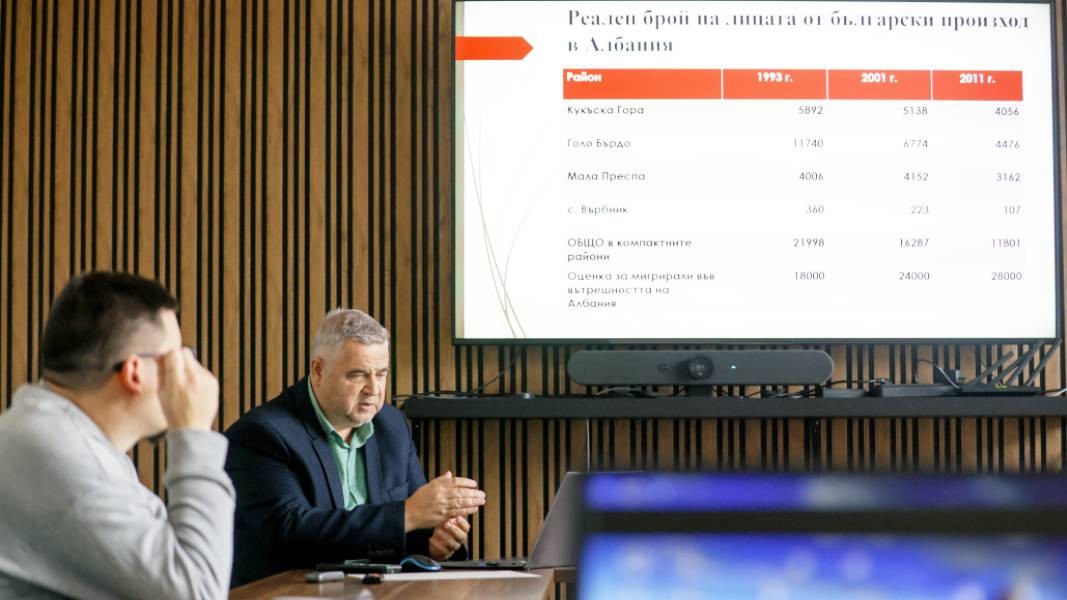
"The data is such that it allows for the creation of administrative autonomy of the regions where Bulgarians live. The mayors themselves worked actively during the census with the clear idea that it would give them the mechanisms to restore this administrative independence. Therefore, the first step that needs to be taken is for the municipalities in Golo Brdo and Kukëska Gora to become independent. Bilingual signs will appear, in accordance with Albanian legislation. It is quite realistic to start teaching Bulgarian in Albanian state schools, meaning that the official recognition of the Bulgarian minority in 2017 will now be filled with real substance''.
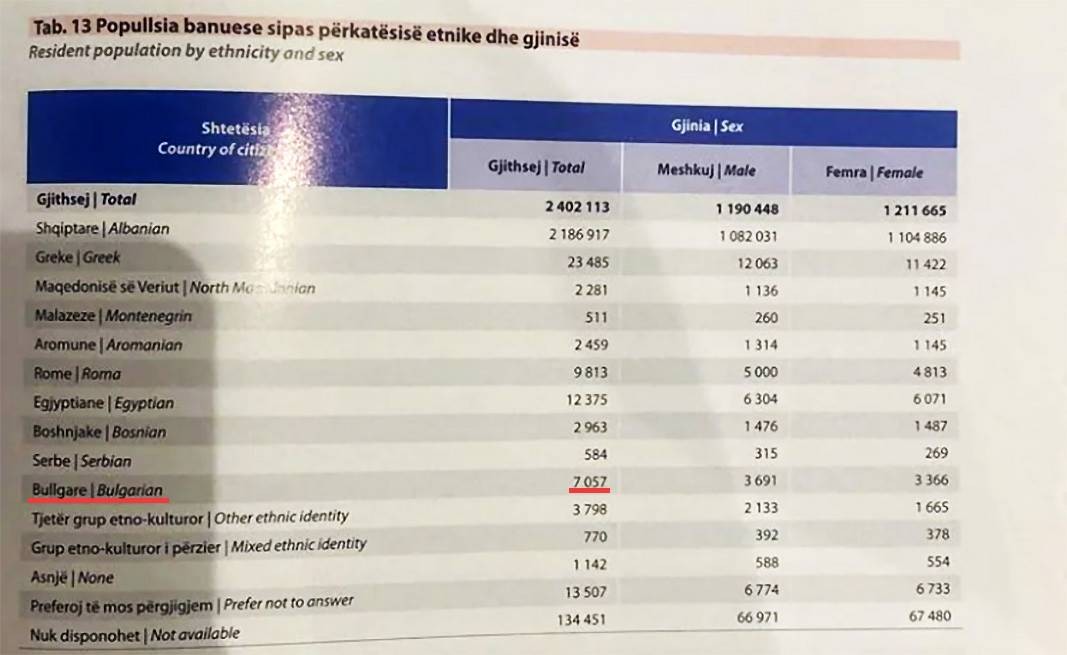
The data regarding the Bulgarian national minority in Albania should help Bulgaria ease the procedures for granting citizenship to those who have convincing evidence of their Bulgarian origin.
"All statistics, including Bulgarian ones, accepted as official by the Ministry of Foreign Affairs in the 1930s and 1940s, prove that the residents of these Albanian villages were recognized as Bulgarians. It is enough for a person to show their kinship with the inhabitants of these villages from that period, and the birth certificate becomes a sufficient document to certify their Bulgarian origin."
This Bulgarian community could be the key to at least partially addressing the chronic labor shortage faced by the administration and businesses in Bulgaria, believes Spas Tashev who studies the demographic processes in the Balkans.
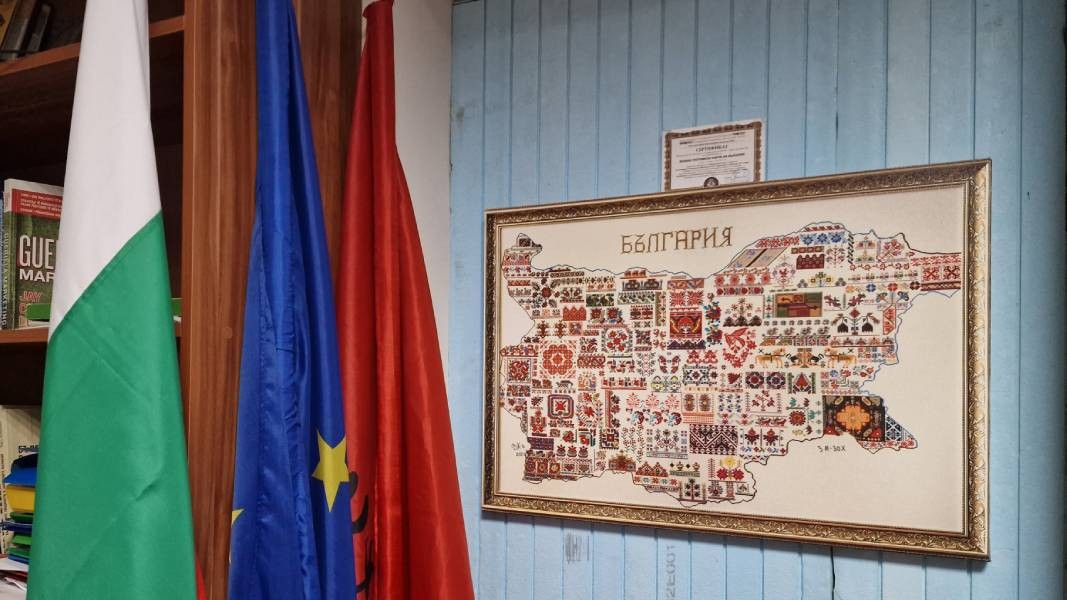
"It is also important to develop models for launching seasonal or circular migration to meet the needs of the labor market in our country. Until three years ago, there were people who expressed a desire for such a migration, provided they were guaranteed a monthly income of around EUR 700-800. In this context, it is illogical to import workers from Bangladesh, Tajikistan, Nepal, Uzbekistan and Azerbaijan. At the same time, people of undisputed Bulgarian origin living just 200-300 kilometers from our border cannot take advantage of the legislation to work in our country."
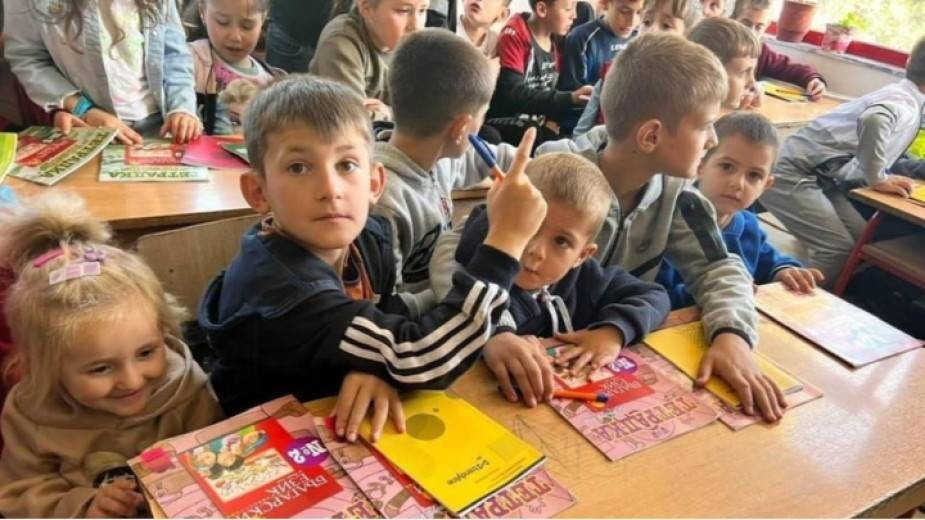
There are nine registered Bulgarian organizations in Albania and nearly 8,000 people have obtained Bulgarian citizenship. Over 800 students have graduated or are currently studying in Bulgaria, and a large number of them either remain in Bulgaria or return to Albania. Bulgarians in Albania also hope for the establishment of a Bulgarian electronic and print media there.
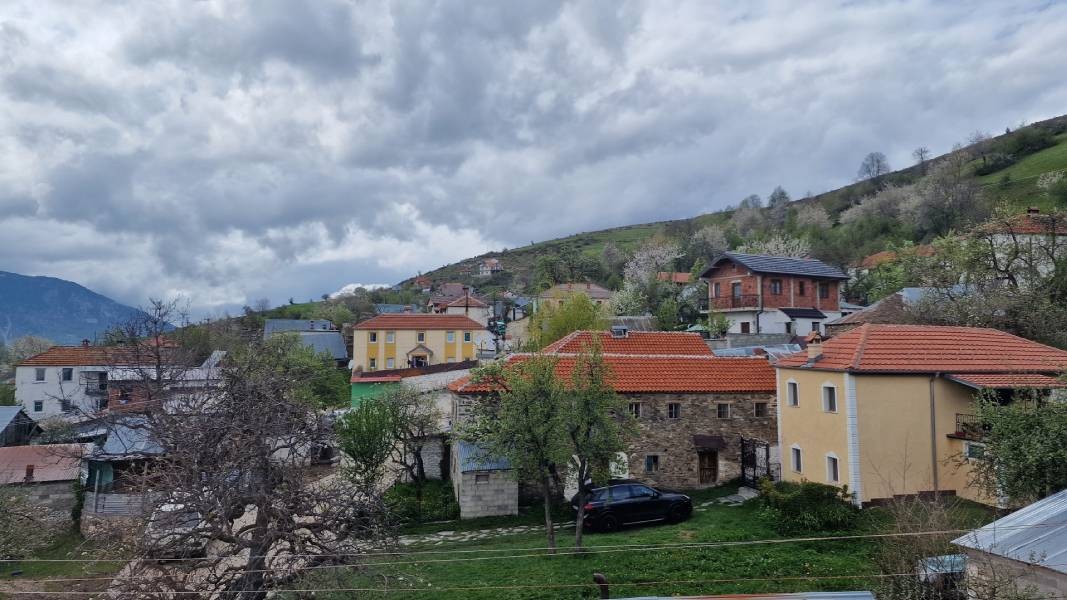
Associate Professor Spas Tashev also shared some interesting details about the history of two Albanian villages in the Korça region – Boboshticë and Drenovë – which were predominantly inhabited by Bulgarians in the past:
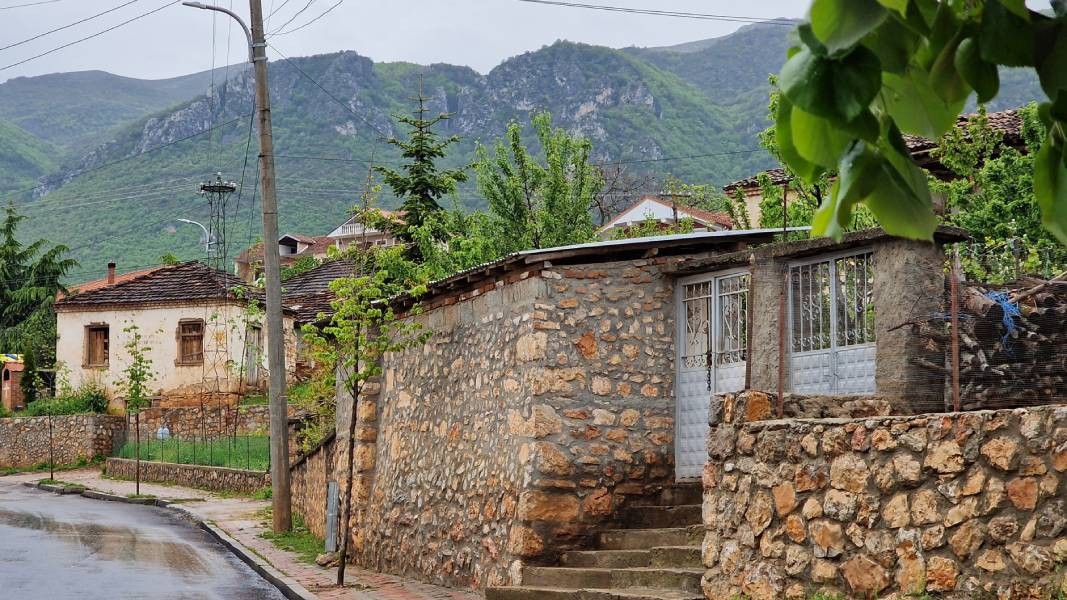
"It is believed that part of the old Bulgarian aristocracy lived in these villages. Their architecture is very similar to the so-called boyar settlements in our country - Veliko Tarnovo, Elena and Kovachevitsa'', explained the researcher.
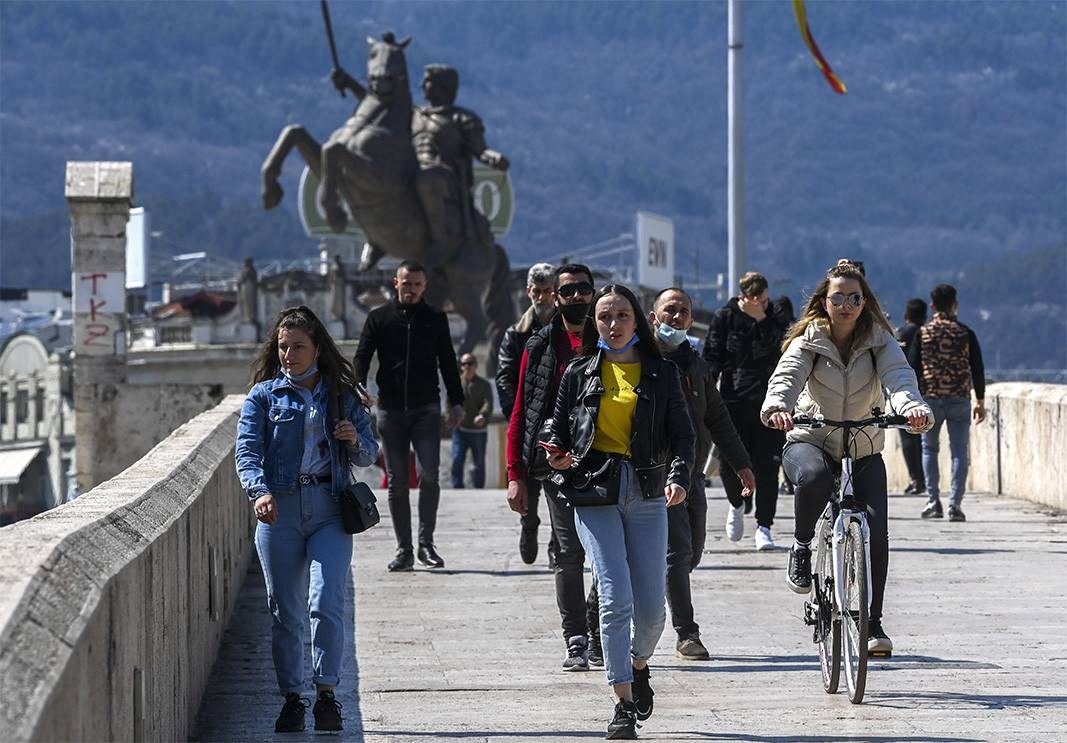
In an interview with Radio Bulgaria, Spas Tashev explained the influence of neighboring North Macedonia on the processes taking place in Albania. According to him, Bulgaria’s south-western neighbour allows itself actions that are inappropriate for a country striving to become an EU member state:
"An example of such actions is the encouragement of the destruction of Bulgarian historical monuments. Control is exercised over individuals who transit through North Macedonia's territory. Bulgarian literature carried by them is confiscated. I have personally observed this process", said Spas Tashev
See also:
Translated and published by Kostadin AtanasovPhotos: BTA, EPA/BGNES, aba.government.bg
A short video kaleidoscope of the "untold stories" of worthy Bulgarians - scientists, entrepreneurs, engineers, artists - who have contributed to our country's good image in the eyes of the world opened an unconventional public forum that showcased the..
The film "Gundi: Legend of Love" caused a sensation across the Ocean. Screenings of the film story about the life of legendary football player Georgi Asparuhov – Gundi were held in Los Angeles and Las Vegas as the halls were full...
On this day 35 years ago, the authoritarian regime of communist dictator Todor Zhivkov collapsed. To mark the anniversary, the BGNES news agency carried out a survey of monuments to totalitarianism. The agency checked whether the monuments of the..
"You say you are Bulgarian, but you do not know Bulgarian" – this reproach from officials in Bulgaria has been faced by quite a few by our compatriots..
Bulgarian studies are highly valued at the Bogdan Khmelnitsky State Pedagogical University in the Ukrainian city of Melitopol. So it comes as no surprise..
Who said Bulgarians were grumpy pessimists? Take a stroll through Sofia's Christmas bazaars and meet the cheerful crowd. The festive decorations, music,..

+359 2 9336 661
